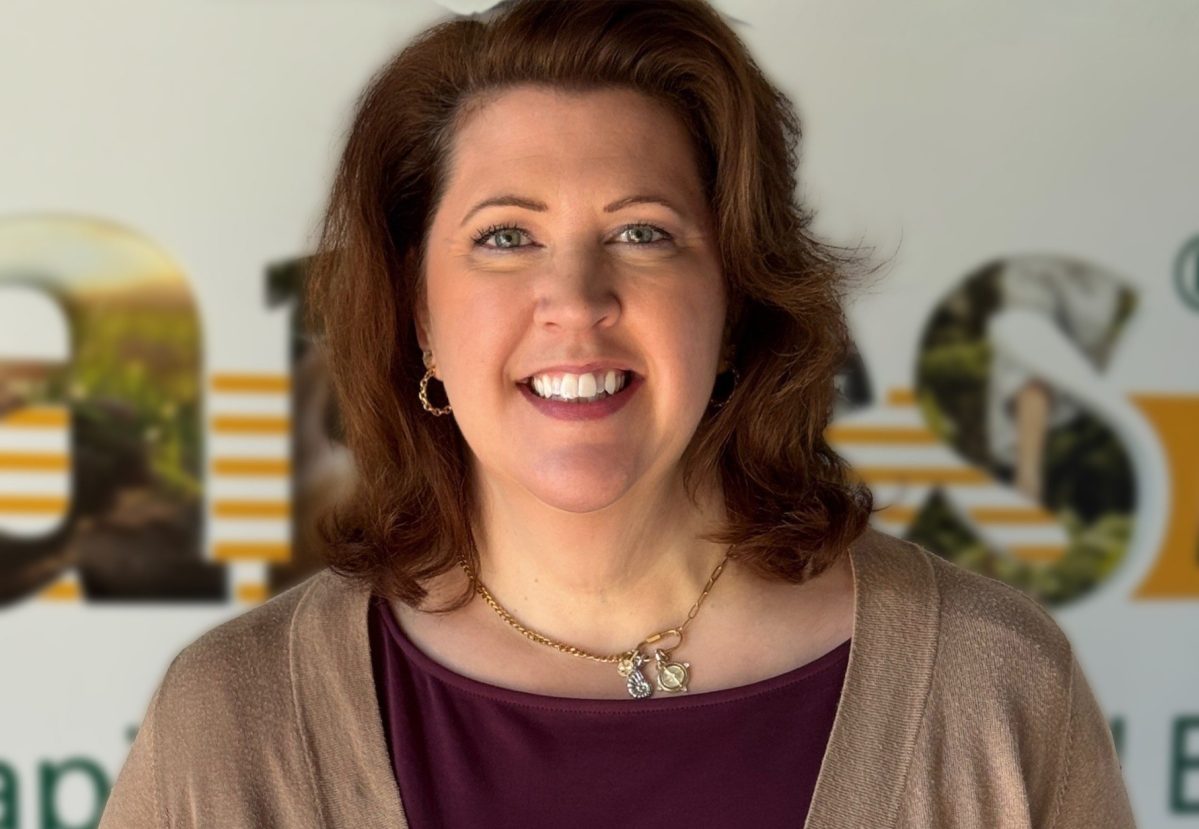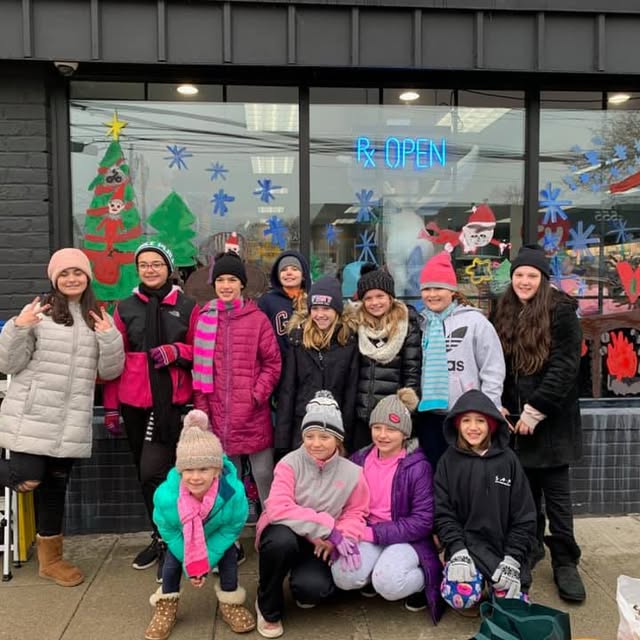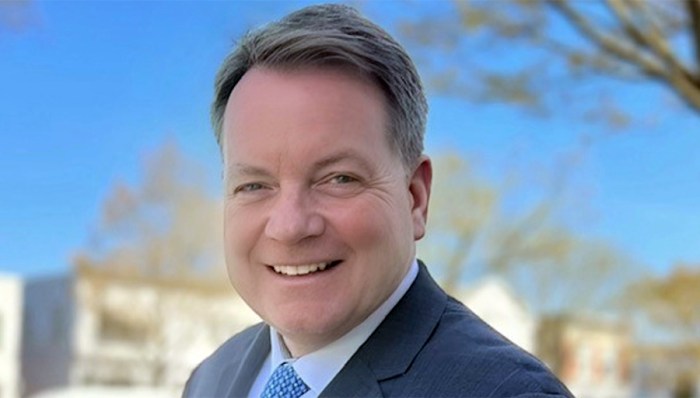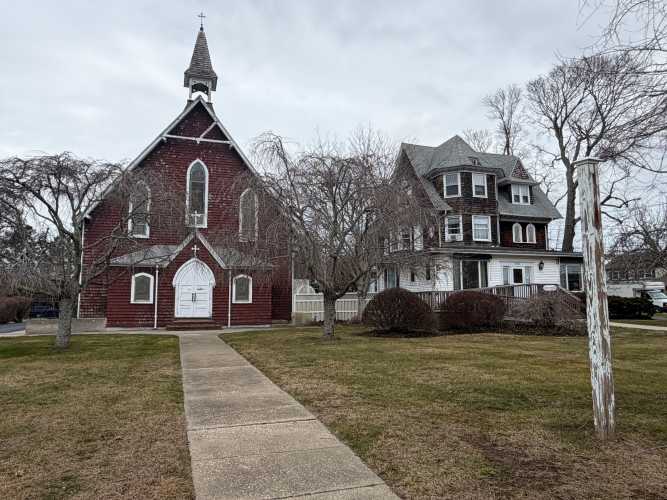Katherine M. Fritz earned a degree in marine biology at what was then Southampton College in 1993 and then went on to work for a small environmental center in Connecticut.
Although she did take part in March-of-Dimes Walk-A-Thons as a child growing up in the Finger Lakes region in upstate New York, she said she “just fell into” non-profit work.
One might say she fell upwards.
Fritz, 55, has been named president and CEO of Long Island Cares – The Harry Chapin Food Bank, one of Long Island’s largest non-profits, which provides 16 million pounds of food for some 318,000 people in Nassau and Suffolk counties annually, including about 75,000 children. The food bank serves veterans and the homeless as well.
Fritz, who has been the Hauppauge-based organization’s vice-president for development and communications for the last six years, takes over from long-time president and CEO Paule Pachter, 71, who has held the post for 17 years and plans to remain through a transition period. Pachter announced his plans to retire this past summer.
Fritz takes over at a particularly turbulent time for non-profits nationally. The Trump administration has cut-back on funding for a raft of public and private institutions that serve people who are food insecure and others in need. Fritz and others in the non-profit world say they are seeing dramatic increases in the number of those who need food.
She says she is more than up to the task.
“The biggest challenge for all food banks is increased need and the uncertainty” caused by federal aid cuts, Fritz told the Press. “We have been speaking to our communities,” including corporate sponsors and individuals.
“We are seeing a strong response from our volunteers, and we have thousands of them,” Fritz said.
But, she said, the job of continuing to provide food to Long Islanders in need will not be easy. She estimated there are some 300,000 people on the Island who are in need of food supplies.
“That means they don’t know what is ahead,” Fritz said. “They sometimes have to choose between paying the rent or for groceries.”
The number of those in need of food, Fritz said, has risen about 30 percent since the beginning of this year and is likely to rise as the Trump administration steps up its campaign to deport what it says are illegal aliens. Those deportations often leave a family with one less bread-winner.
But Pachter told the Press that Fritz has been more than an able fund-raiser. She has increased the food bank’s fundraising from about $4 million to some $11 million annually.
“Katherine has mentored me in fund-raising and I have mentored her in government relations,” Pacher told the Press. “I think the future of the organization is bright and it will continue in the vein it has for the past 17 years.”
The food bank, started by Long Island singer and song-writer Harry Chapin and his wife, Sandy, in 1980, has grown dramatically over the years. It now has a budget of about $41 million, from about $8 million when it got its start. It has about 80 employees.
Fritz was chosen to head the food bank after a nationwide search, said David E. Harold, president of the organization’s board of directors.
“She will lead us in meeting the ever-increasing need ahead, which is the battle against the challenging climate surrounding food insecurity,” Harold said in a statement. “We believe that with her steady hand on the tiller, our mission will be advanced and the future of the people we serve will be brighter.”
Fritz has been involved with non-profits for some 30 years. She worked for the American Red Cross in three different divisions and was executive director of a cancer research organization. She spent more than 12 years as director of development for both the Guide Dog Foundation and America’s VetDogs, where she managed national fundraising strategies.
She has been an adjunct faculty member at Molly College in Rockville Centre, supporting the non-profit Management Certificate Program. She is also studying for a master’s degree.
Fritz said she has always enjoyed working in the non-profit world. “It’s a good thing to do,” she said. “It’s not like spending your time making widgets.”



































